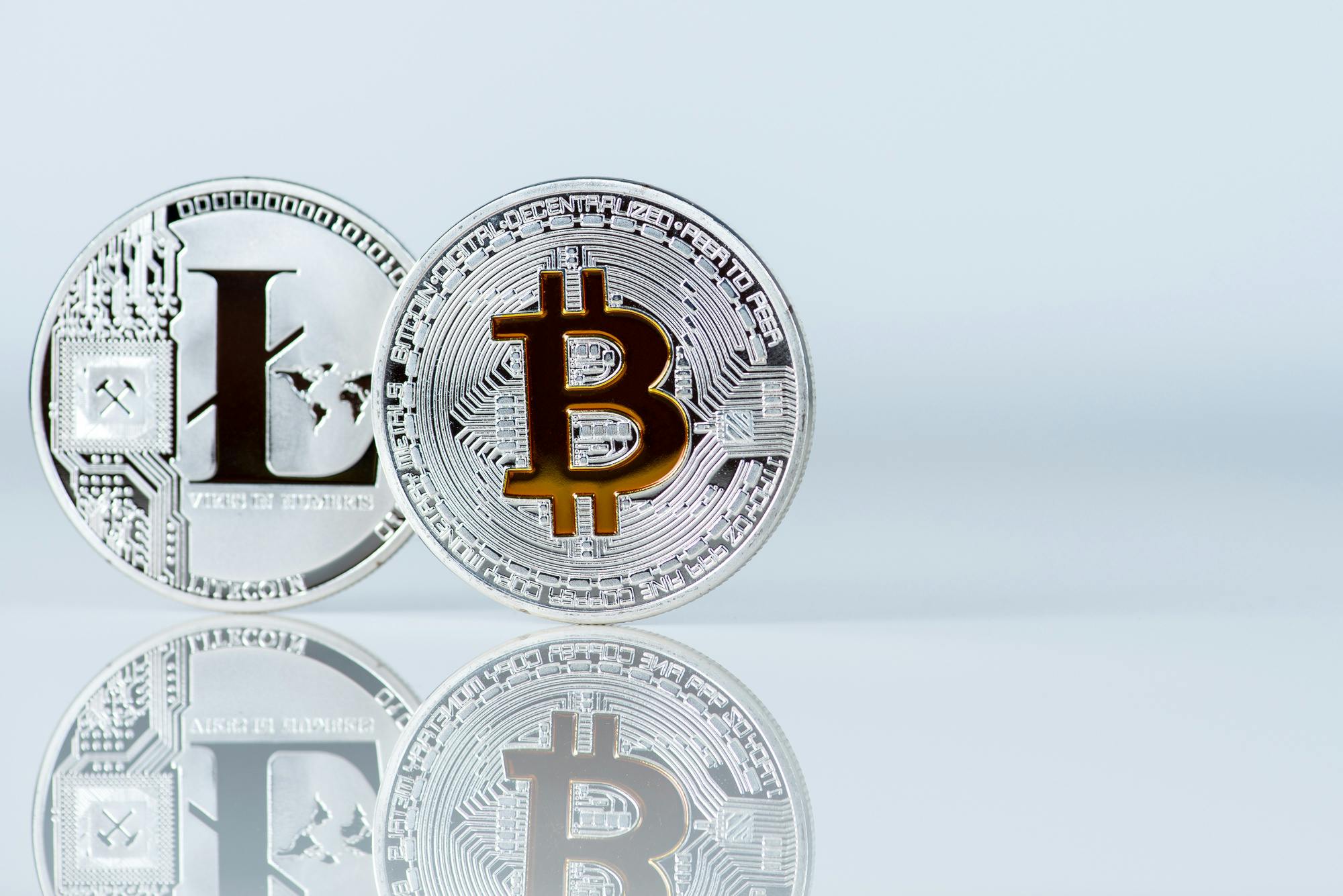Notice: Trying to access array offset on value of type null in /srv/pobeda.altspu.ru/wp-content/plugins/wp-recall/functions/frontend.php on line 698
All cryptocurrencies
Related Links Are you ready to learn more? Visit our glossary and crypto learning center. Are you interested in the scope of crypto assets? Investigate our list of cryptocurrency categories https://leovegas-au.org/. Are you interested in knowing which the hottest dex pairs are currently?
Cryptocurrency market capitalization (market cap) refers to the total value of a particular cryptocurrency that is currently in circulation. It is calculated by multiplying the current market price of a cryptocurrency by the total number of coins or tokens that have been issued. The total market capitalization of all cryptocurrencies for today is $3,482,823,520,249
These crypto coins have their own blockchains which use proof of work mining or proof of stake in some form. They are listed with the largest coin by market capitalization first and then in descending order. To reorder the list, just click on one of the column headers, for example, 7d, and the list will be reordered to show the highest or lowest coins first.
Play-to-earn (P2E) games, also known as GameFi, has emerged as an extremely popular category in the crypto space. It combines non-fungible tokens (NFT), in-game crypto tokens, decentralized finance (DeFi) elements and sometimes even metaverse applications. Players have an opportunity to generate revenue by giving their time (and sometimes capital) and playing these games.

Are all cryptocurrencies the same
Interestingly, cryptocurrencies are free from the control of any central authority like the government or a central bank. First of all, you have blockchain technology as the foundation for decentralization of cryptocurrencies. Cryptocurrency transactions might be completely transparent.
Financial tokens are digital assets that support economic activities such as lending, borrowing, trading, and yield generation within decentralised finance (DeFi) ecosystems. These tokens often represent access to specific financial services, act as incentives for participation, or enable protocol-level fee structures. Many of them are native to DeFi platforms and play a central role in shaping on-chain financial products.
At the same time, the number of crypto investors is growing continuously despite the regulatory uncertainty. Interestingly, governments in some countries have been actively working on developing and implementing regulations for cryptocurrencies. It can play a crucial role in achieving legal validity for crypto transactions throughout the world.

Interestingly, cryptocurrencies are free from the control of any central authority like the government or a central bank. First of all, you have blockchain technology as the foundation for decentralization of cryptocurrencies. Cryptocurrency transactions might be completely transparent.
Financial tokens are digital assets that support economic activities such as lending, borrowing, trading, and yield generation within decentralised finance (DeFi) ecosystems. These tokens often represent access to specific financial services, act as incentives for participation, or enable protocol-level fee structures. Many of them are native to DeFi platforms and play a central role in shaping on-chain financial products.
Do all cryptocurrencies use blockchain
Blockchain’s decentralization adds more privacy and confidentiality, which unfortunately makes it appealing to criminals. It’s harder to track illicit transactions on blockchain than through bank transactions that are tied to a name.
Experts are looking into ways to apply blockchain to prevent fraud in voting. In theory, blockchain voting would allow people to submit votes that couldn’t be tampered with as well as would remove the need to have people manually collect and verify paper ballots.
“Because cryptocurrencies are volatile, they are not yet used much to purchase goods and services. But that is changing as PayPal, Square and other money service businesses make digital asset services broadly available to vendors and retail customers,” notes Patrick Daugherty, senior partner of Foley & Lardner and lead of the firm’s blockchain task force.
Having all the nodes working to verify transactions takes significantly more electricity than a single database or spreadsheet. Not only does this make blockchain-based transactions more expensive, but it also creates a large carbon burden on the environment.